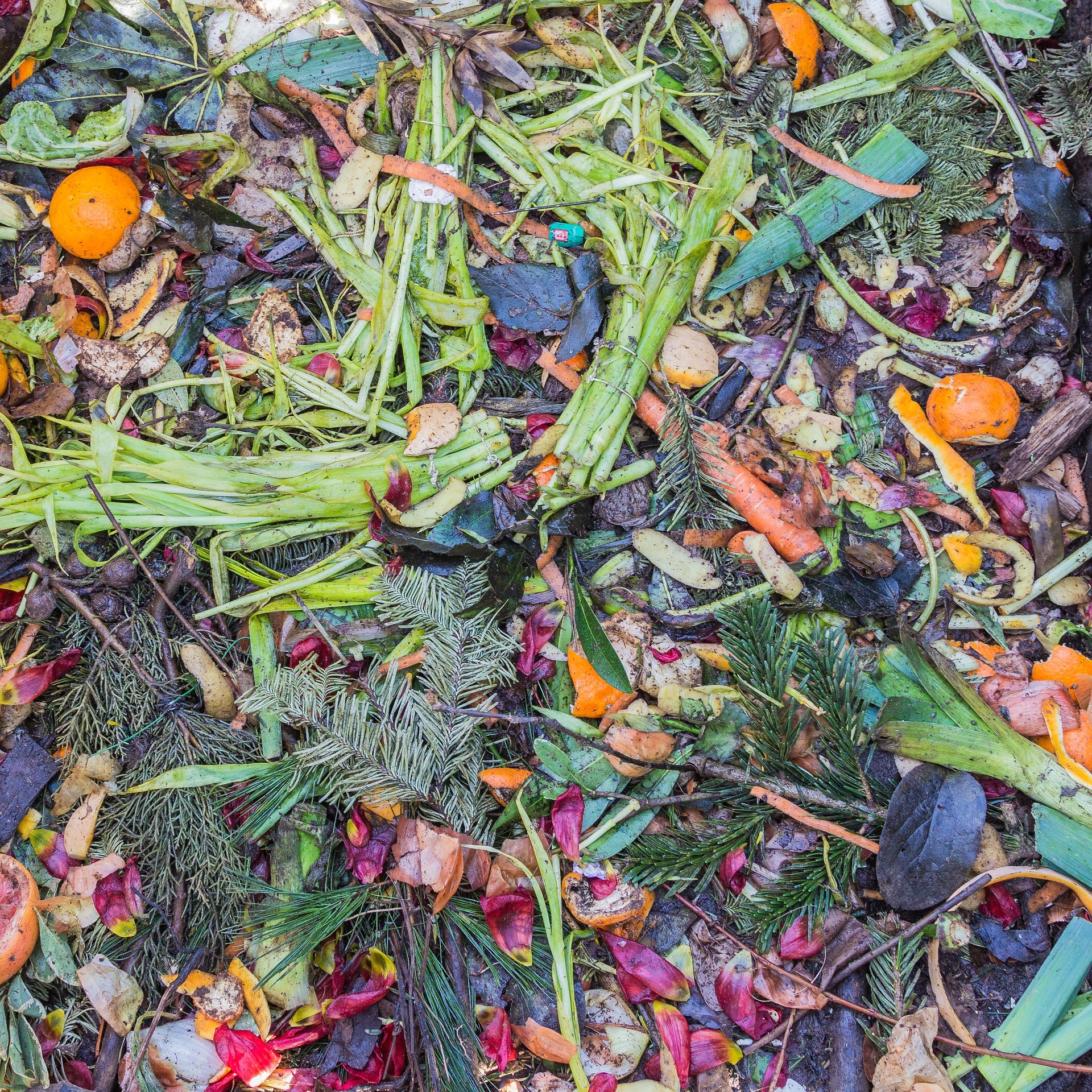
When you cultivate an indoor garden, you’re likely aware of space restrictions. After all, there’s only so much room available in your home for plants. So finding a way to save space on composting only makes sense. Many people keep their compost piles outside, but if you don’t have an adequate area in your yard, or if you just don’t want to keep a large compost pile, don’t fret. You can learn how to make a kitchen countertop compost bin and save on space.
Tips for making food waste more manageable
Taking a few steps before composting can make your kitchen tidier and prevent smells from your compost ingredients. First of all, when you are setting aside food scraps for composting, go ahead and chop them up into smaller pieces so that they will fit easier into a small bin and also so they will break down faster into compost.
Additionally, if you have food scraps that you’re not ready to put into the compost bin yet, you can dump them into a sealable plastic bag and put them in the freezer. This prevents kitchen odors and keeps the food from rotting rather than composting properly.
Making your own mini compost bin
You can of course purchase a mini compost bin online. But if you don’t want to spend between $20 and $80, you can make your own. All you need is a small, sturdy plastic container like an old coffee canister and some charcoal filters. Whatever you choose should have a lid that can’t be gotten into by pests.
Drill a few small holes in the lid to allow for proper exchange of oxygen and other gases. And here’s the genius part. Glue the filter to the inside of the lid to stop any odors from escaping your kitchen compost bin. Replace the filters as needed.
What to do when the bin gets too full
If you don’t keep a larger compost pile outside and your kitchen bin has too much compost and food scraps, you have a few options for what to do with the overflow.
- You can bury the scraps in your soil. This is a good option for those who also keep an outdoor garden. In fact, soil incorporation is also called trench composting and allows any remaining food scraps to continue breaking down in the soil.
Just be careful that if you’re going to add materials not usually safe for a compost heap to your buried food waste, you bury deep enough to avoid rodents and other scavengers digging it back up. Note that you don’t have to actually make a trench; any shape of hole works.
- Use the compost to make compost tea for your indoor garden.
You don’t have to compost every single food scrap you make in your kitchen. Sure, it’s great for the environment to compost as much food waste as you can, but if you aren’t able to keep a larger compost heap, you’re still helping out with what you can compost. And you’re making nutrients for your indoor garden. Find out more about how compost and compost tea provide nutrition to your plants by talking to the experts at Indoor Cultivator.
